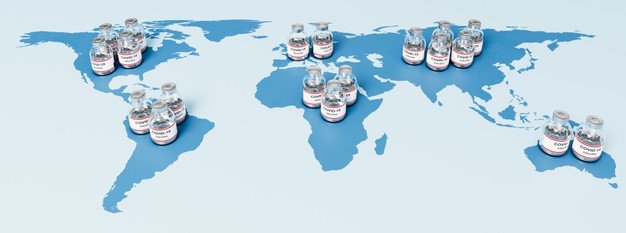
Photo Credit: Freepik
WHO is emphasizing the poorest countries which are struggling to procure a reliable and adequate supply of vaccines and other critical supplies to stabilize their fragile and overburdened health systems, to help save the lives of their citizens, migrants, as well as refugees and other displaced people they host.
WHo iterates that the current vaccine equity gap between wealthier and low resource countries demonstrates a disregard for the lives of the world’s poorest and most vulnerable. For every 100 people in high-income countries, 133 doses of COVID-19 vaccine have been administered, while in low-income countries, only 4 doses per 100 people have been administered.
Vaccine inequity is costing lives every day, and continues to place everyone at risk. Coordinated action with equitable access to public health resources is the only way to face down a global public health scourge like COVID-19. It urges for a strong, collective push to ensure a sustainable global recovery.
WHO suggests G20 leaders of the world’s largest economies to help stem the pandemic by expanding access to vaccines and other tools for the people and places where these are in shortest supply.
WHO collectively calls G20 leaders to commit to:




